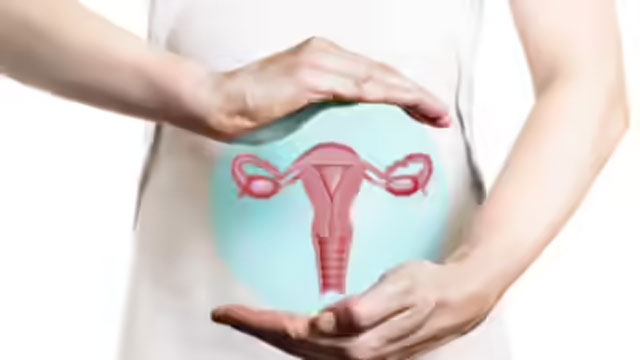Daijiworld Media Network – Washington
Washington, Sep 16: Women who have survived cervical cancer face nearly double the risk of developing anal cancer later in life, according to a new study from the MUSC Hollings Cancer Center published in JAMA Network Open.
Researchers examined health records of more than 85,000 US women diagnosed with cervical cancer and tracked them for up to 20 years using the National Cancer Institute’s SEER database. They found the risk of anal cancer climbed steadily with age and time since the original diagnosis, peaking among women aged 65–74 who were more than 15 years past their cervical cancer treatment—exceeding the threshold where doctors typically recommend routine screening.

Both cervical and anal cancers are linked to human papillomavirus (HPV) infection, which can remain dormant for years before triggering cell changes. Despite this connection, current guidelines do not call for regular anal cancer screening in cervical cancer survivors, focusing instead on groups such as people with HIV or organ transplant patients.
Anal cancer can be detected through anal cytology tests, similar to a Pap smear, and anoscopy. The researchers suggest that long-term cervical cancer survivors, especially older women, may benefit from discussing targeted anal cancer screening with their healthcare providers to prevent a second, potentially avoidable cancer.